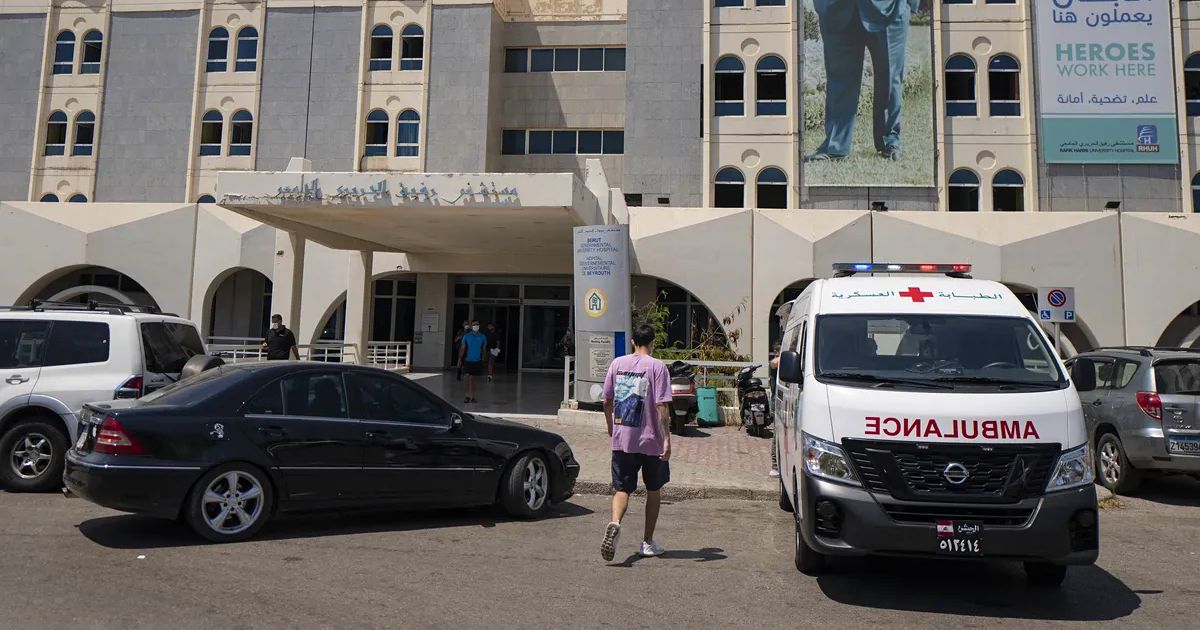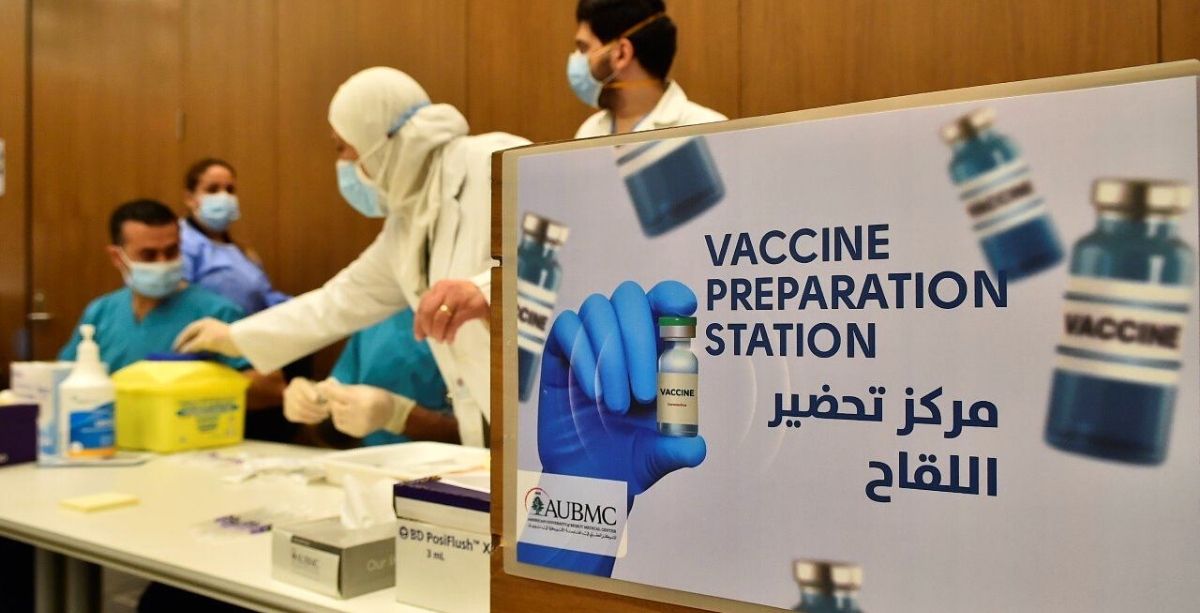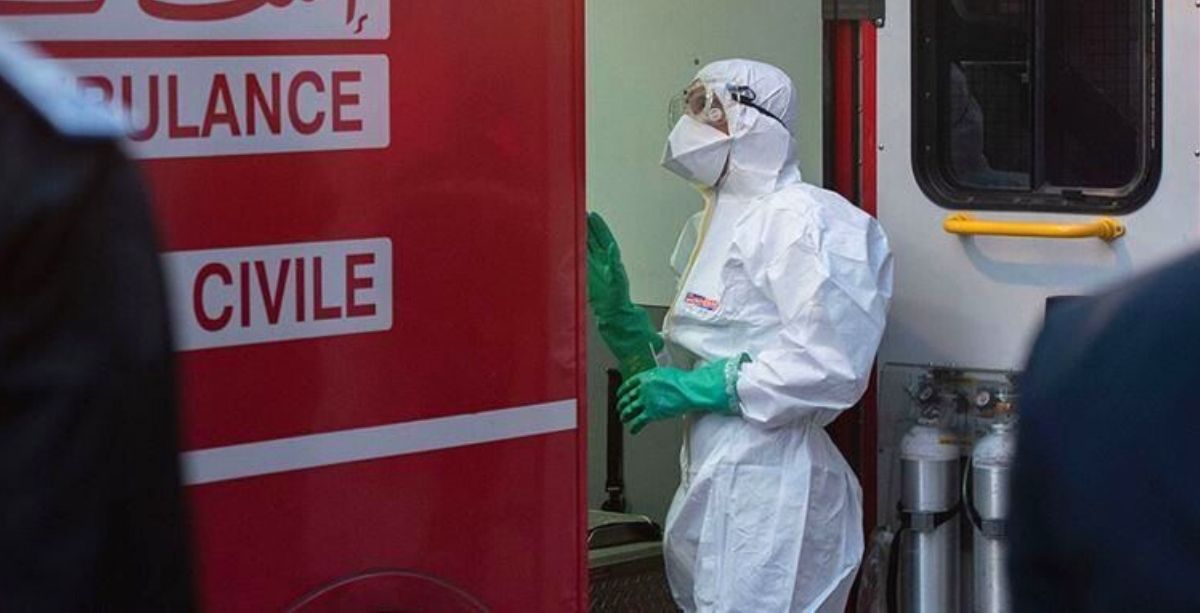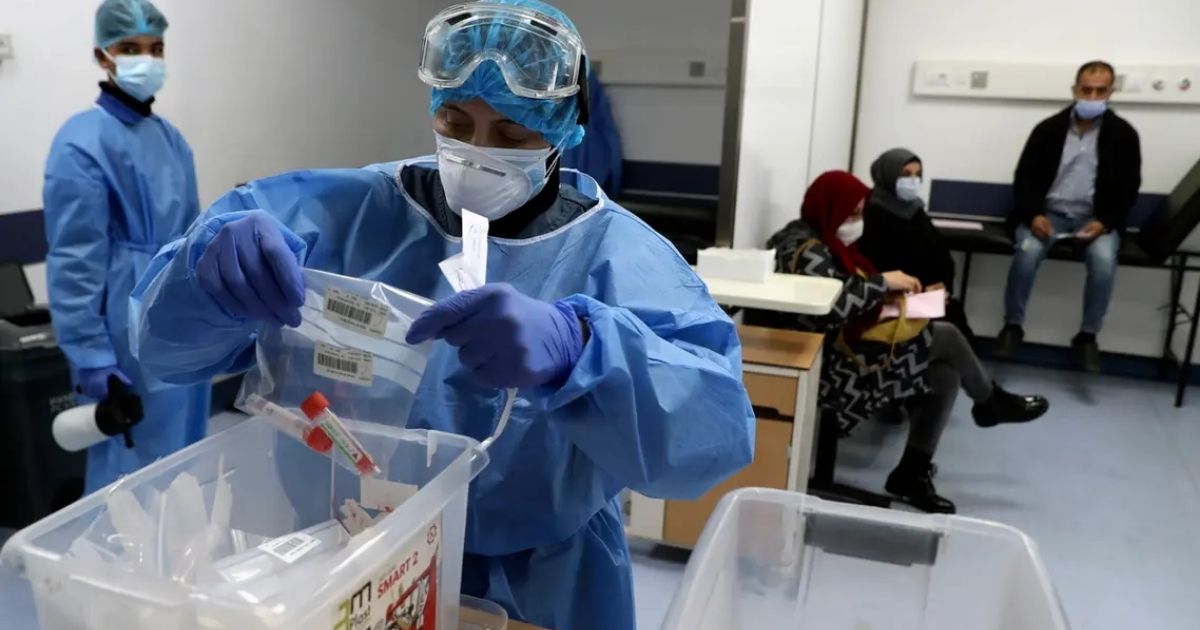Everyone is stepping up to help during the pandemic and every individual is doing her or his part, no matter how big or small of a gesture.
Thankfully in Lebanon, we have some brilliant and generous people who are willing to put their hearts and energy into helping others, especially those who need help.
They’ve been doing heart-warming acts, like entertaining each other, donating to those in need, providing housing and transportation, donating wedding dresses, delivering flowers, and making concerts for health workers and patients to cheer them up.

They’re also putting effort where it counts at a large scale, like creating robots that help medical workers and serve patients, as well as assist the elderly in quarantine.
Lebanese University students, faculty of engineering, are working on a project that aims at serving Lebanese citizens, especially the elderly and those in need of chronic medication during the COVID-19 outbreak.
This project is called the System of Medical Drones. It is made for two main reasons: easing the pressure on pharmacies, clinics, and hospitals in Lebanon, as well as serving citizens and protecting them from infection.
Mostafa El-Dirani, Mohammed Kassem, and Ali El-Hadi Salameh are creating an online platform for people with chronic diseases to input their needed medication. In less than 24 hours, their medication will be landing in a parachute right at their doorsteps or balconies.

All you have to do is go to the website (still in progress), enter your information, log in, go to Medicines and Chronic Diseases, let them know what you need, and then provide your location.

There’s also a daily check-up option. People can fill up their symptoms on the platform, as shown in the video at the end of the article, to be reviewed by a doctor.
They will then receive a message that their medication is on its way so they can anticipate it landing on their porch by parachute from a drone.
Upon reception, people are required to log into the website one more time to confirm that the delivery has been made.
Mostafa, one of the creative minds behind this project, told The961 that he, along with his teammates Mohammed and Ali, came up with this idea at the very beginning of the COVID-19 outbreak in Lebanon. However, many obstacles came their way.

“We had a hard time finding, replacing, and repairing necessary pieces for the drones. Whenever a motor broke down, we would spend days doing nothing but searching for a new one, sometimes to no avail due to the lockdown. The high prices were not helping, either.”
These three students wanted to learn from other people’s struggles, like the pressure that hospitals and pharmacies in Italy faced during the outbreak.
For it to be 100% safe, the parachute came as a way to avoid contact and thus infection from one household to another.
The medical drones system is used worldwide. Drones are also used in various countries to combat the virus, like in Dubai, relieve effort, and keep people safe in their homes. In Ghana, for example, drones are delivering COVID-19 tests.
In some countries also, authorities are using drones to monitor people’s movements and make sure they are not breaking the pandemic measures.
Walking around without a protective face mask? Well, you can't avoid these sharp-tongued drones! Many village and cities in China are using drones equipped with speakers to patrol during the #coronavirus outbreak. pic.twitter.com/ILbLmlkL9R
— Global Times (@globaltimesnews) January 31, 2020
According to Geospatial World, drones are also used to broadcast updates or warnings, spray disinfectant, check temperatures, and deliver medicine and grocery, like in China, Australia, and the US.
And now, thanks to the bright-minded Lebanese youth, this system will soon be available in Lebanon.
طلاب كلية الهندسة في الجامعة اللبنانية يبتكرون طائرة مسيرة لتوصيل الأدوية اللازمة إلى مرضى كوروناطلاب كلية الهندسة في الجامعة اللبنانية يبتكرون طائرة مسيرة لتوصيل الأدوية اللازمة إلى مرضى كورونا
Posted by Lebanese University on Tuesday, April 28, 2020
We have a dedicated coronavirus section where you can find the latest news/updates about the pandemic in Lebanon, inform yourself with WHO-verified resources, and track the number of cases in Lebanon in real-time. Click here.












